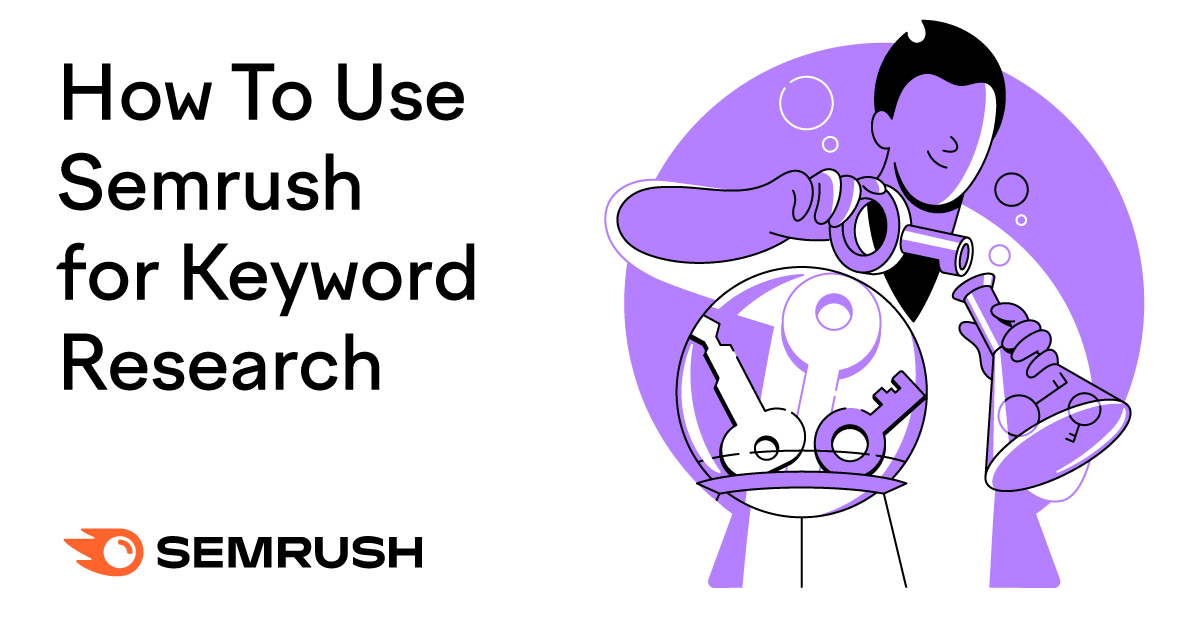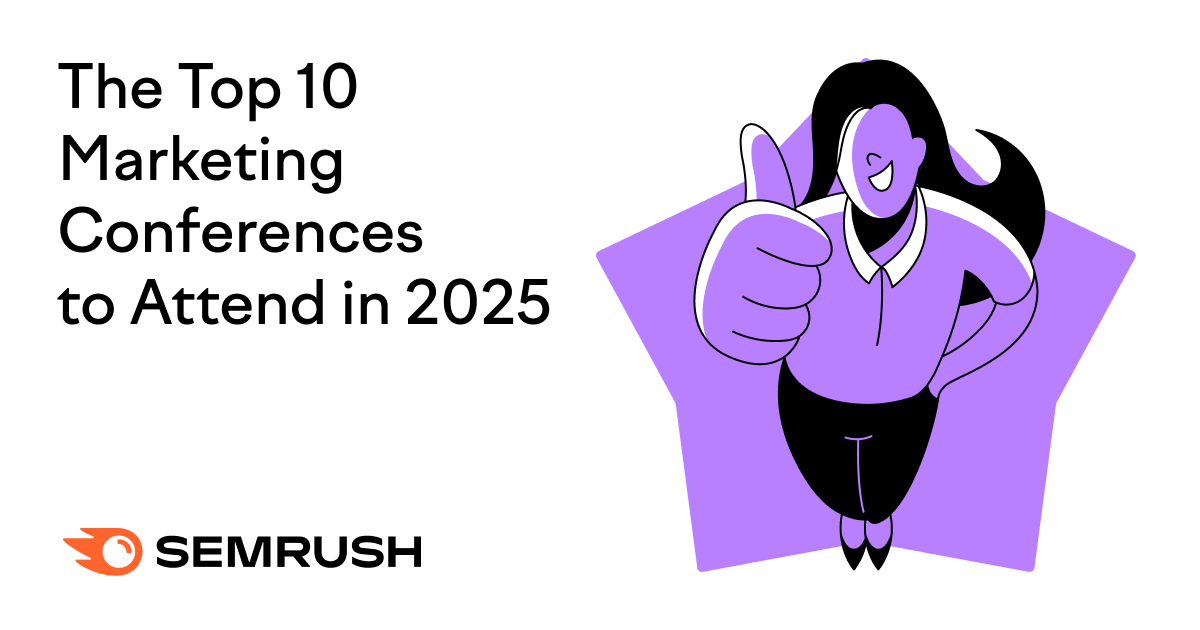
ChatGPT’s arrival in late 2022 sent shock waves across the digital landscape, igniting the most significant transformation in how we interact with technology in decades.
In just 18 months, artificial intelligence has redefined not only online search, but also how people find, process, and engage with information.
What does this mean for the future of digital marketing and online discovery?
Our groundbreaking research collaboration with Statista, Online Search After ChatGPT: The Impact of Generative AI, tackles this question head-on.
The future-forward report is your definitive guide to understanding—and thriving in—the future of AI search. Explore the key findings shaping digital marketing strategy in the years ahead.
Finding 1: AI Search is Redefining How We Find Information
The Online Search After ChatGPT report looks at the rise of AI search engines and their impact on the online search industry. Here are just two mind-blowing insights from the data explored in the report:
- One in ten U.S. internet users now turn to generative AI first for online search.
- OpenAI’s ChatGPT and Google’s Gemini dominate the AI search market.
Let’s break down these findings and discuss what they mean for the future of online search.
OpenAI and Google Lead the AI Search Market
Traffic data from Semrush .Trends shows that ChatGPT and Google’s Gemini lead the global AI search market as of July 2024. These two AI platforms capture 78% of all traffic to AI search models.
The third and fourth most popular models (Perplexity and Microsoft’s Bing, respectively) comprise the next 16% of AI search traffic. With these four players capturing almost all AI-powered search requests, the consolidation of the AI search space is high.

Generative AI Search Becomes Primary Tool for Millions
The rise of AI search is reshaping user behavior. A survey of U.S., adults conducted by Statista revealed that 13 million people used generative AI as their primary tool for online searches in 2023. This figure is projected to skyrocket to over 90 million by 2027—just two years away.

Let’s put this statistic into context. An estimated 112.6 million people in the U.S. used AI-powered tools in 2024. That’s nearly a third of the country’s population.
As generative AI becomes the go-to source for online search, marketers must adapt their SEO and content strategies accordingly.
Key Impacts for Marketers
The rise of AI search presents great opportunities—and great challenges—for marketers.
For sure, these market dynamics reveal three critical priorities for marketing teams:
- AI Search Optimization: With ChatGPT and Gemini dominating 78% of AI search traffic, optimize content specifically for these platforms’ ways of processing information.
- Query Intent Evolution: Users are shifting from keyword-based searches to conversational queries. Update content strategy to address questions naturally, as users now engage with search tools through dialogue.
- Early Adoption Advantage: With projections showing 90 million U.S. adults using AI as their primary search tool by 2027, start building AI-first content strategies to position your brand ahead of an even bigger shift in user behavior.
Finding 2: AI Search Soars, but Search Giants Still Reign
Online Search After ChatGPT examines just how far ChatGPT’s impact has spread.
As data from Semrush .Trends shows, traditional search engines have seen some traffic declines in the wake of ChatGPT. Well-known Q&A-style websites are also struggling to keep a steady flow of traffic to their platforms. Likewise, early referral data from ChatGPT shows a growing use of AI in user search processes.
Let’s explore these insights and consider how they’ll shape the future of online search.
AI Search Gains Ground as Traditional Engines Slow
ChatGPT’s launch made big waves in the online search industry, impacting search giants Google, Bing, and Yahoo. These three platforms saw declines in global traffic between 2022 and 2023.
During this same time, AI-focused search engines like Brave Search and TikTok recorded significant year-on-year gains. The trend continued into 2024, with privacy-focused Brave Search seeing triple-digit growth and traditional search engines experiencing further traffic decreases.

The Leaders Continue to Dominate by a Long-Shot in Traffic
Despite the buzz around generative AI tools and AI search, Google and YouTube remain at the forefront of online search.
With user bases of around 6 billion and 3.5 billion, respectively, these platforms are firmly established as the giants of the search industry. Their scale highlights the enduring power of traditional search engines, even as the landscape evolves.

Preliminary Referral Data from SearchGPT Reveals Key Trend
Preliminary data from the October 2024 release of SearchGPT points to an emerging trend in AI-driven search growth.
Semrush .Trends data shows redirects from ChatGPT to other domains rose by 60% between June and October, with unique target domains increasing from just over 10,000 to nearly 25,000.

This data hints at a soft launch in mid-August and underscores ChatGPT’s role in directing users toward AI search options. These early findings position SearchGPT as a key player in the evolving search landscape, highlighting the growing impact of AI on how users discover and engage with information online.
Key Impacts for Marketers
With this shift in user search behavior, marketers should focus on three strategic areas:
- Content Distribution: The mixed performance of Q&A platforms suggests opportunities for strategic content placement. Consider developing content that serves AI and traditional search patterns.
- Search Intent Adaptation: Traffic patterns show users are moving between AI and traditional search depending on their needs. Optimize content to answer direct questions (AI-friendly) and broader informational queries (traditional search).
- Platform Diversification: The growth of platforms like Brave Search alongside ChatGPT indicates users want options. Consider how your content can serve privacy-conscious users while maintaining a presence on major search engines.
The Online Search After ChatGPT report delves into the demographics and motivations driving ChatGPT adoption. Key findings include:
- The U.S. accounts for over 25% of ChatGPT’s global desktop traffic.
- Men account for over 70% of ChatGPT’s global desktop traffic.
- Businesses are banking on AI’s efficiency, productivity, and cost savings potential.
Let’s unpack these insights to understand better ChatGPT’s user base and the factors “prompting” these users to search this AI model.
U.S. Dominates ChatGPT’s Global Traffic
Between July 2023 and April 2024, Semrush .Trends data show the United States generated over 25% of ChatGPT’s desktop traffic, signaling strong adoption in its home market.
But, the numbers show that ChatGPT is a global player. India followed the U.S. with a 12.8% share. Brazil and China came in next, with 6.9% and 4.9%, respectively. Major European markets like Germany, the U.K., and France also made the top 10.

Young Men Lead ChatGPT Adoption
As mentioned in the highlights of this section, Semrush .Trends audience data reveals men comprise the majority of desktop ChatGPT users, with the 25-34 age group being the most engaged, followed by the 18-24 bracket. However, women represent a higher proportion of users than their male counterparts in groups aged 18-24 and 55+.

Trust and Attitudes Shape AI Search Adoption
Attitudes toward AI tools are mixed. Survey results from Statista show that while 22% of U.S. adults expressed interest in using AI, 28% of respondents stated indifference toward the technology.
Increasing trust emerges as a critical factor toward more widespread adoption. Across key AI markets, over 60% of users would increase their GenAI usage if it were more secure. In the U.S., many who have tried AI-powered search lacked trust in the content and the ability to enhance their search experience.

Businesses Tap into AI’s Potential
Organizations are quickly adopting AI to improve efficiency, productivity, and costs. According to Semrush research, over half of business and technology leaders hope GenAI can boost productivity, while 35% see cost reduction as a key benefit.

In content marketing and SEO, businesses use AI primarily for research, content creation, and text enhancement. This approach has paid off thus far: Two-thirds of respondents report improved SEO rankings with AI, and 68% see increased ROI.
Key Impacts for Marketers
ChatGPT’s current user base offers a window into the future of digital interactions.
From the U.S. to India, young men to university graduates, efficiency-seekers to trust-builders, the motivations and demographics behind ChatGPT’s adoption are as diverse as they are eye-opening.
Understanding ChatGPT’s user demographics and adoption patterns reveals strategic opportunities:
- Geographic Targeting: With the U.S. generating 25% of traffic and specific European markets showing strong adoption, develop region-specific AI search strategies that align with local user behaviors.
- Demographic Segmentation: The dominance of young male users in specific age brackets and growing female adoption in specific segments suggest opportunities for targeted content development and platform-specific messaging.
- Trust Building: Address the 60% of users who want more security by emphasizing data accuracy and sources in your content. Create content that builds credibility while maintaining the conversational tone AI search users expect.
Download Our Report for More AI Search Trends
Online Search After ChatGPT: The Impact of Generative AI goes beyond the highlights covered here, offering an in-depth exploration of AI’s impact on search, user behavior, and digital marketing strategies.
Download the full report to access exclusive data, expert analysis, and future-focused insights for succeeding in the age of AI search.





